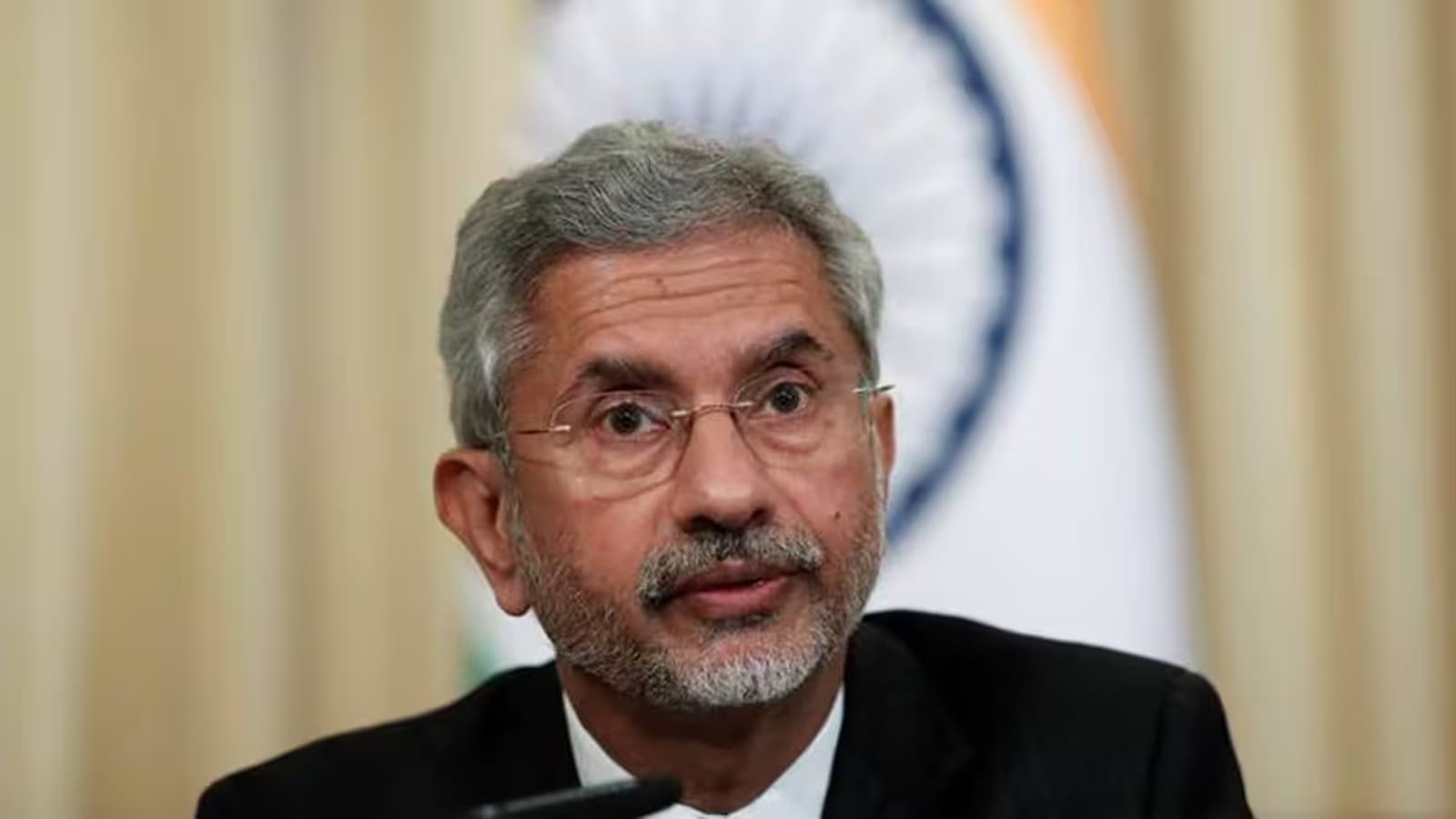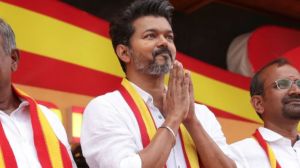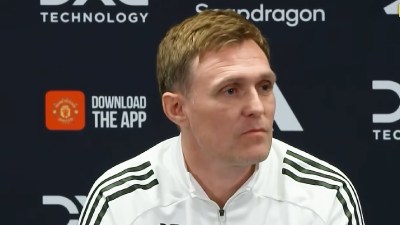India sought diplomatic parity due to Canada’s interference: S Jaishankar
While he said the India-Canada relationship is going through “a difficult phase”, Jaishankar added that India is looking at resuming visa services for Canadians “very soon” if it sees progress in the safety of its diplomats in Canada.
 External Affairs Minister S Jaishankar. (File photo)
External Affairs Minister S Jaishankar. (File photo) Days after Canada announced the withdrawal of 41 diplomats from India, External Affairs Minister S Jaishankar said on Sunday that India invoked diplomatic parity due to concerns over “continuous interference” in its “internal affairs” by Canadian personnel.
While he said the India-Canada relationship is going through “a difficult phase”, Jaishankar added that India is looking at resuming visa services for Canadians “very soon” if it sees progress in the safety of its diplomats in Canada.
While the Ministry of External Affairs’ official spokesperson Arindam Bagchi had alleged “interference in internal affairs” by Canadian diplomats earlier, this is the first time that Jaishankar is raising the issue.
His comments signal the Indian government’s move to draw the red line on the issue of diplomatic parity, a day after the US and UK backed Canada.
Speaking at the Kautilya Economic Enclave here on Sunday, Jaishankar said: “There’s this whole issue of parity… how many diplomats there are of one country versus how many diplomats there are of the other country. Parity is very much provided for by the Vienna Convention, which is the relevant international rule on this. But in our case, we invoked parity because we had concerns about continuous interference in our affairs by Canadian personnel. We haven’t made much of that public. My sense is, over a period of time, more stuff will come out and people will understand why we had the kind of discomfort with many of them, which we did.”
“The relationship right now is going through a difficult phase. But I do want to say that the problems we have are with a certain segment of Canadian politics and the policies which flow from that,” he said.
On resuming visa services, Jaishankar said: “If we see progress there, I would very much like to resume the issue of visas. My hope would be that it would be something which should happen very soon.”
“Some weeks ago, we stopped issuing visas in Canada because it was no longer safe for our diplomats to go to work to issue visas. So their safety and security was the primary reason we had to temporarily stop the issuance of visas,” he said.
“My expectation is that the situation would improve in the sense that our people would have greater confidence in being able to do their basic duty as diplomats because, as you know, ensuring the safety and security of diplomats is the most fundamental aspect of the Vienna Convention,” Jaishankar said.
“And right now, that is what has in many ways been challenged in Canada, that our people are not safe, our diplomats are not safe,” he said, adding that India would start the visa services if there is progress in the safety of its diplomats.
Sources said the security situation that led to the suspension of visa services is being reviewed. If the security is found to be adequate, then the Indian High Commission will resume visa services.
Last month, India had asked Canada to downsize its diplomatic presence, in the wake of the row over Canadian Prime Minister Justin Trudeau’s allegations of a potential India government link in the killing of Khalistan separatist Hardeep Singh Nijjar – a charge rejected by India as “absurd” and “motivated”.







